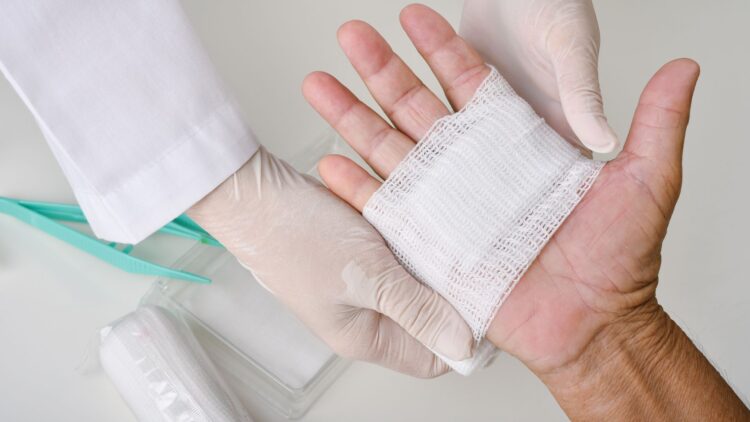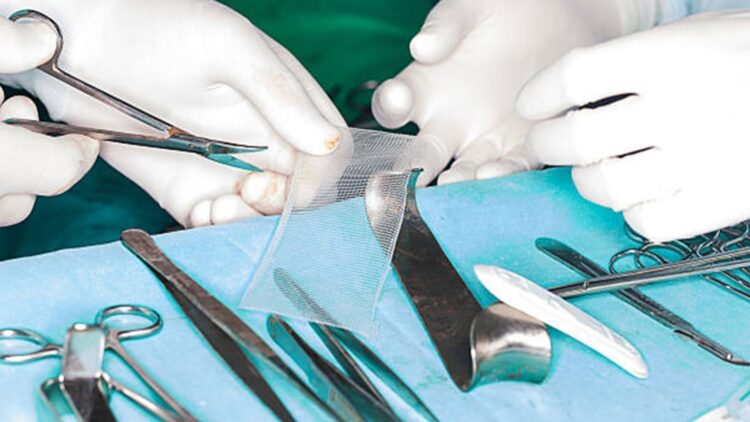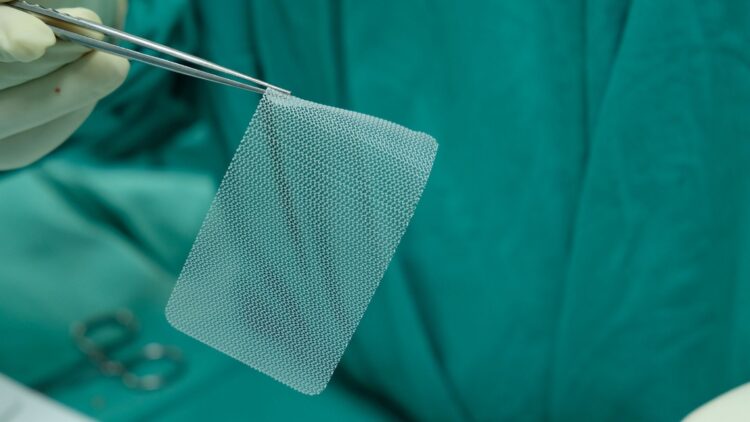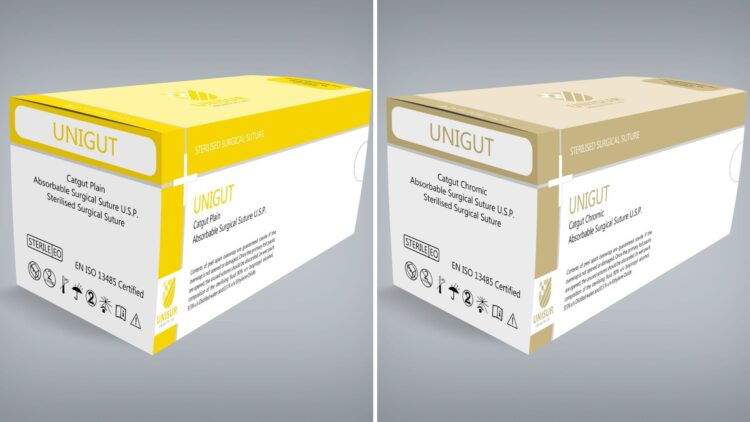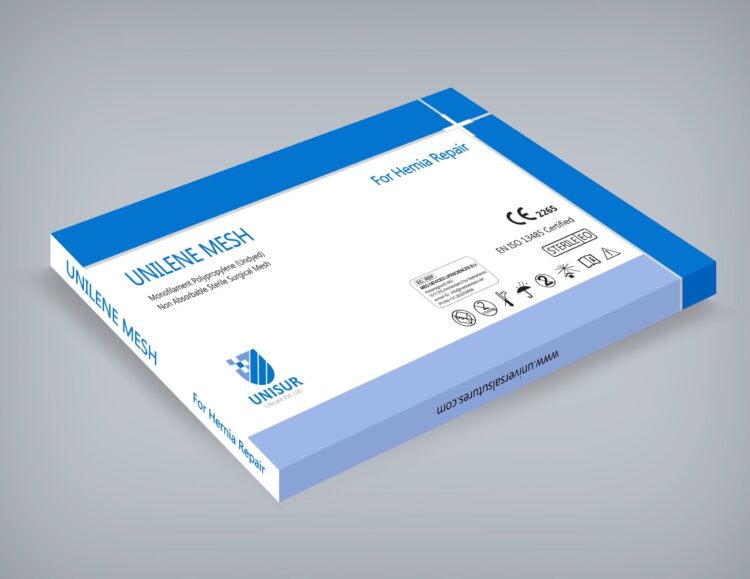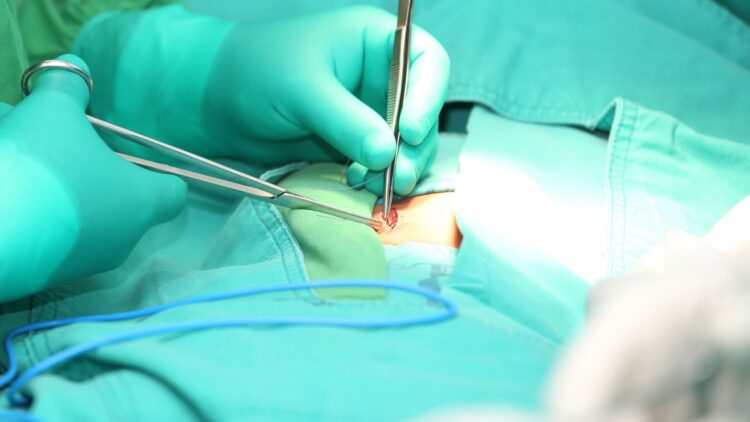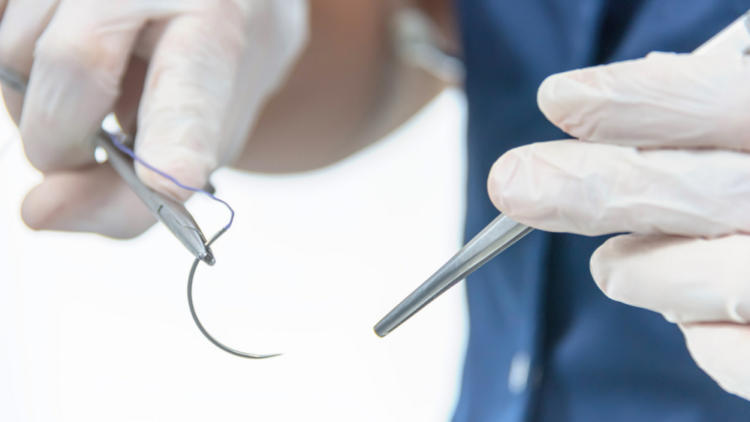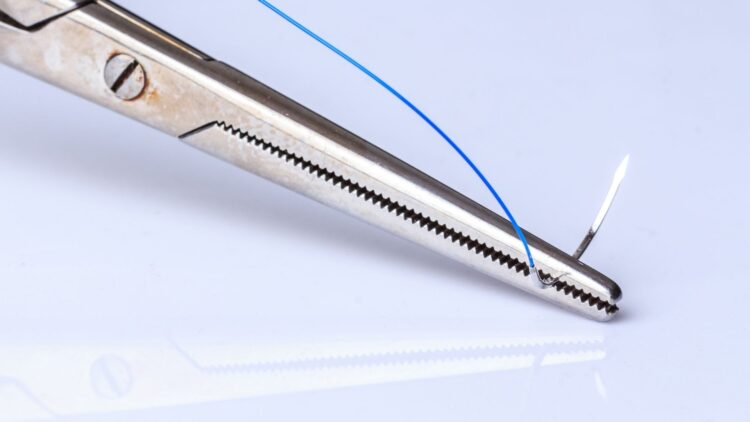Skin Stapler For Efficiency in Medical Wound Closure
Skin staplers have become an indispensable tool in the hands of healthcare professionals. This article dives into the world of skin staplers, exploring their mechanism, applications, benefits, and the impact they’ve made in modern medicine. Unveiling the Skin Stapler: A Bridge Between Art and Science A skin stapler is a medical device that functions as…

















